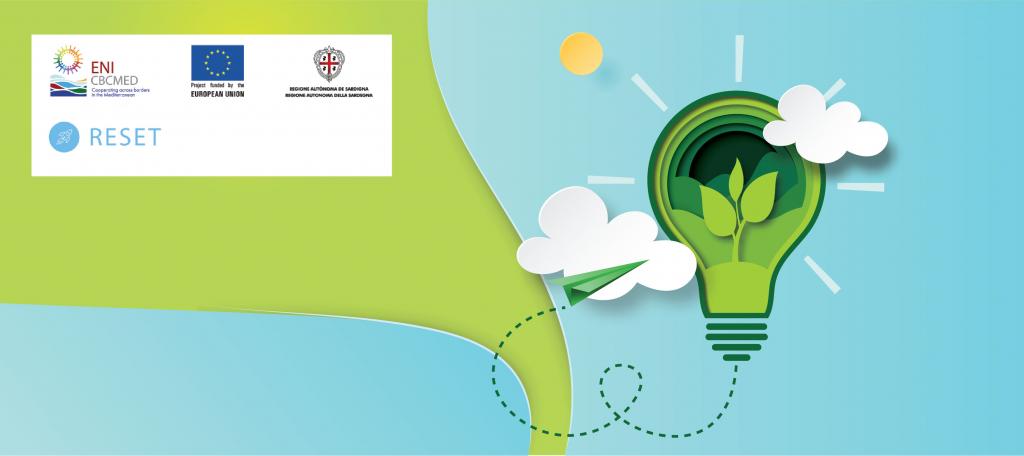Lara Feghaly, Project Coordinator in Lebanon: "RESET serves to shift the mindset about sustainability as an investment in the future rather than a cost"

Beyond Group is the Lebanese partner of RESET. They have three main domains of action, which are public policy and management, organizational learning and development, and innovation & technology integration. In this sense, at Beyond Group they are experts in policymaking and have delivered various projects related to social entrepreneurship, making them ideal to lead the role of creating implementable strategies to capitalise learnings at the local and national level. The implementation of RESET activities will steer towards:
- Deepening the understanding of how to foster and support green business creation (directly and via the policy environment)
- Deepening the understanding of the needed complex eco-system of technology transfer, IPR protection, investment, market opportunities
- Building capacity for innovative policymaking
- Creating connections for peer-to-peer support and collaboration
Lara Feghaly, RESET’s Project Coordinator, gives us some insides into the favourable outcomes they wish to achieve through RESET and how the project will contribute to green and circular business development. She also presents some challenges the green ecosystem faces, along with practical tools and solutions to overcome these challenges with.

1. How is your organisation going to contribute to the success of RESET’s project?
Beyond Group will lead the creation of local and national capitalisation strategies for the RESET project, bringing expertise from multidisciplinary backgrounds in management, public policy and administration, environmental policy and social entrepreneurship. At the same time, Beyond Group will bridge a common impact-driven mission and will use highly experiential and participatory methods that ensure shared learning, lasting partnerships and greater impact.
2. What are the achievements you expect to reach along with the implementation of the project?
We expect that the implementation of the project will have tremendous positive spill over effects, creating a vibrant ecosystem of sustainable and green businesses. This means that connections and networks will be formed which will enable further collaboration in the sector. In addition, through capacity building activities conducted throughout the project, we expect higher awareness and engagement among stakeholders.
3. Explain the main impacts that RESET is going to provide in your country and how local and regional targets can benefit.
RESET serves to shift the mindset about sustainability as an investment in the future rather than a cost. It will elevate the importance of supporting green and sustainable businesses, which can contribute to creating a circular economy, having a favourable impact on the natural environment and encouraging socially responsible business operations. This impact on the local level can be multiplied on the national and regional levels.
4. Shall you identify the main challenges green business projects face? What are the factors that limit them from participating in the green ecosystem?
The primary challenge that green business projects face is the absence of enabling regulatory frameworks that support sustainable industries since sustainable development considerations are not often accounted for in national development plans and strategies. As a result, there are limited public investments in necessary infrastructure and access to sustainable resources, in addition to the lack of technical assistance and trainings. With that, green business projects become constrained and incompetent to compete with projects that adopt unsustainable production practices.
5. Why do you think it is important to pay extra attention to green business projects in your local communities?
It is important to move away from a narrow business approach that only looks at the bottom line, to a wider holistic approach that looks at social and environmental considerations. By shedding light on green business projects, there will be increased awareness of the importance of green business development and businesses will be more inclined to act sustainably as members of the local community.
6. What are some practical ways and tools to be used to empower women and youth in the green business sector?
Designing inclusive offline and online learning programs that are specially tailored for green entrepreneurs can be used as a tool for empowering women and youth competencies in the sector. It is important to also ensure equal access to financing and business support institutions and create social networks for women and youth entrepreneurs to nurture their entrepreneurial spirit.









